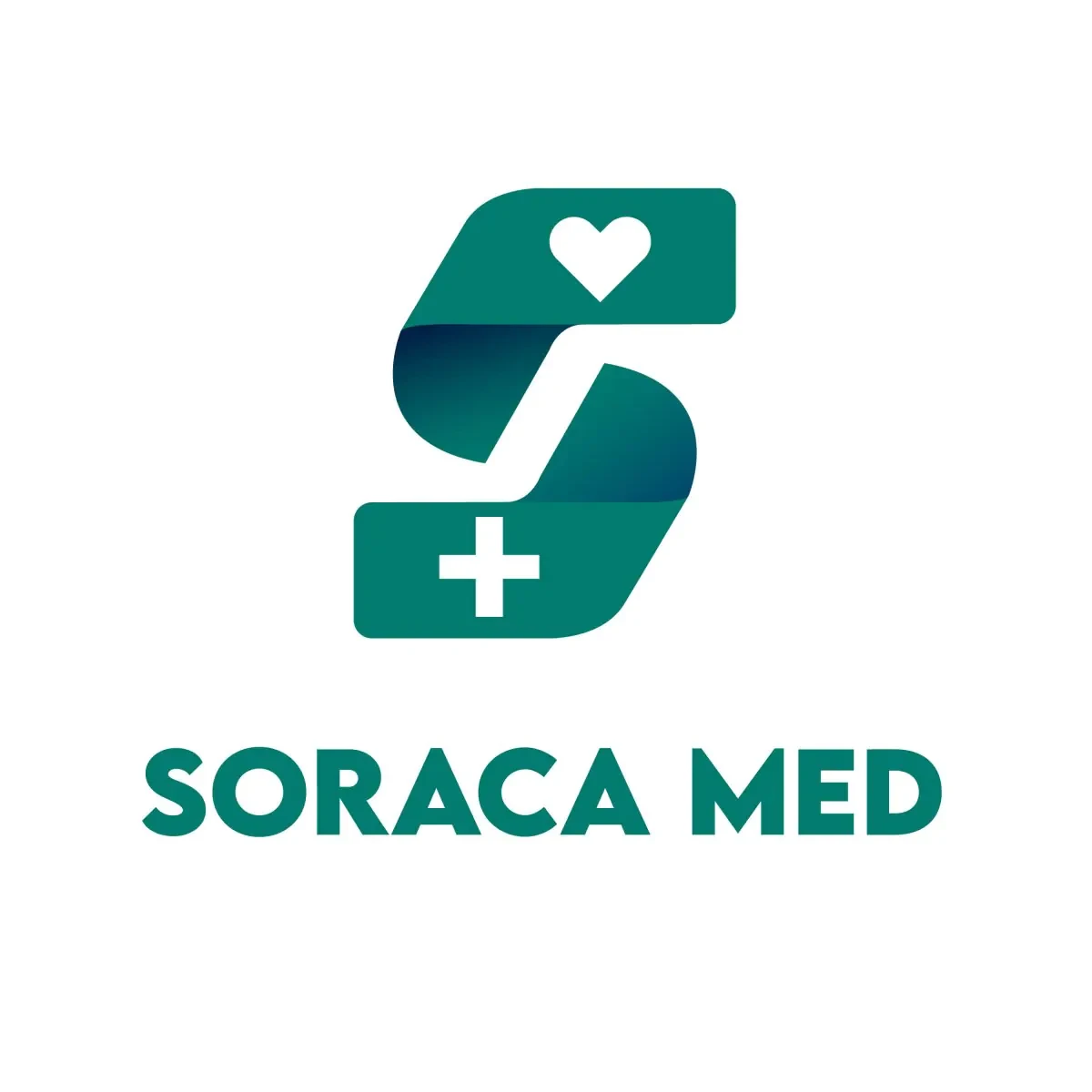
Stem Cell Solutions for Diabetes
Diabetes is a constant battle for a lot of. It is a continuous planning about what food a person eats throughout the day, or how much insulin meals require, numerous finger pokes to measure sugar levels, as well as the burden of carrying around insulin pumps, testers, batteries and other items they need to complete their day.
What is Diabetes
The condition is chronic (long-lasting) disease that impacts the way that your body transforms foods into fuel.
The body breaks down the majority of the food items you eat to sugar (glucose) and then releases it into the bloodstream. When blood sugar levels go up, it triggers the pancreas and insulin gland to start releasing. Insulin is an instrument to allow the blood sugars into the cells of your body for use to generate energy.
In the case of the disease, your body can't produce enough insulin, or make it as efficiently as it could. If there's not enough insulin or your cells cease to respond to insulin the blood sugar is stored in the bloodstream. As time passes, it could cause serious health issues like cardiovascular disease, vision loss as well as kidney disease.
What is Stem Cell
Stem cells are remarkable cells with the unique ability to develop into various types of cells in the body. They serve as the building blocks for all other cells and play a crucial role in the body's natural regeneration and repair processes. These cells have the potential to replace damaged or diseased cells, making them incredibly valuable in medical research and potential therapies.
There are different types of stem cells, including embryonic stem cells, which are derived from embryos, and adult stem cells, found in various tissues throughout the body. Additionally, induced pluripotent stem cells (iPSCs) are created by reprogramming adult cells back to a stem cell-like state.
Stem cell research holds immense promise for treating a wide range of diseases and conditions, including diabetes, neurodegenerative disorders, cardiovascular diseases, and spinal cord injuries. By understanding how stem cells function and harnessing their regenerative abilities, scientists aim to develop innovative therapies that could revolutionize medicine and improve the quality of life for countless individuals.
Stem Cells in the Treatment of Type II Diabetes
In 2017, researches gathered and analyzed 13 studies published between 2006 and 2016 comprising 342 patients who received stem cells like those abundant in cord blood and another 111 who received stem cells like those abundant in cord tissue to treat their diabetes. While not everyone responded to the treatment, researchers observed improved glucose control and reduced dependence on insulin lasting up to four years. While the results showed promise for the treatment of diabetes using stem cells, it still left a few questions unanswered including who were the ideal candidates, what was the best route of administration, what was the optimal dose and was there a need for multiple transfusions.
Stem Cell Therapy Approach
Stem cell therapy for diabetes involves the transplantation of stem cells into the body to regenerate damaged pancreatic cells or improve insulin production and sensitivity. Researchers primarily focus on two types of stem cells for diabetes treatment: embryonic stem cells (ESCs) and induced pluripotent stem cells (iPSCs).
Embryonic Stem Cells (ESCs)
ESCs have the potential to differentiate into any cell type in the body, including insulin-producing beta cells. Scientists have successfully generated beta-like cells from ESCs in laboratory settings. These cells hold the promise of replenishing the depleted beta cell population in individuals with diabetes, thereby restoring insulin production and glucose regulation.
Induced Pluripotent Stem Cells (iPSCs)
iPSCs are adult cells that have been reprogrammed to revert to a pluripotent state, similar to embryonic stem cells. Researchers can differentiate iPSCs into insulin-producing beta cells, offering a potentially limitless source of cells for transplantation. Moreover, iPSCs can be derived from the patient's own cells, reducing the risk of rejection and the need for immunosuppressive drugs.
Clinical Trials and Successes
Numerous preclinical studies and clinical trials have demonstrated the safety and efficacy of stem cell therapy for diabetes. In some cases, patients receiving stem cell transplants have shown improvements in insulin secretion, blood glucose control, and reduction in diabetic complications. While challenges remain, such as ensuring long-term cell survival and functionality, these early successes fuel optimism for the future of diabetes treatment.
Future Directions and Challenges
As research in stem cell therapy progresses, scientists are exploring innovative approaches to enhance the effectiveness of treatment. This includes refining cell transplantation techniques, optimizing cell differentiation protocols, and investigating combination therapies. Additionally, addressing regulatory hurdles and ensuring widespread access to stem cell therapies pose significant challenges.
Treatment Types

Stem Cell Solutions for Diabetes
Ready to take control of your diabetes? Discover the transformative potential of stem cell therapy. Find out how you can improve insulin production and glucose regulation. Take the first step towards a healthier future today.


